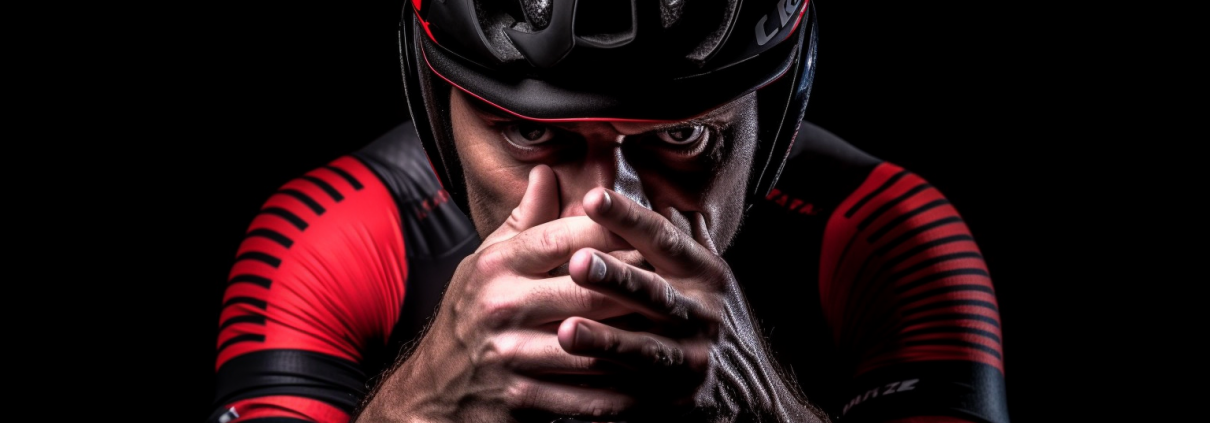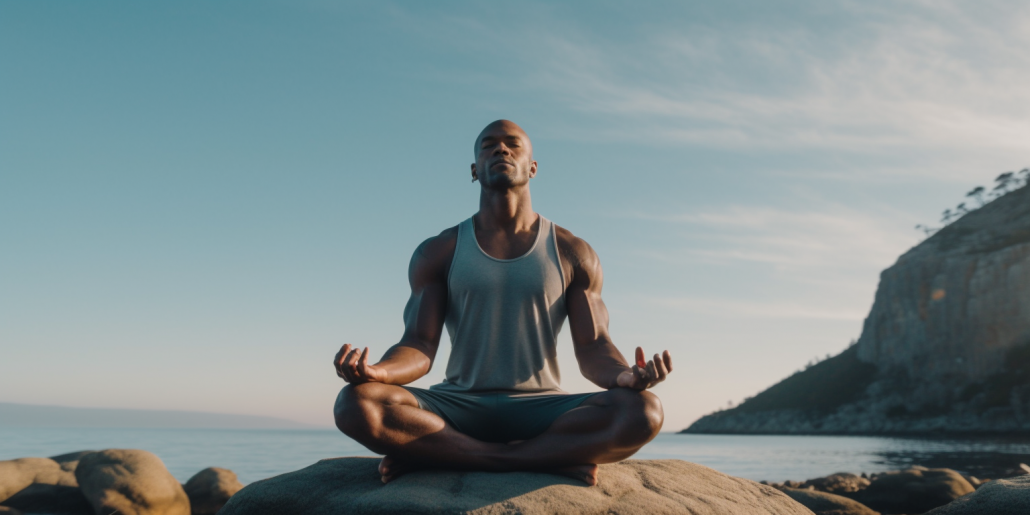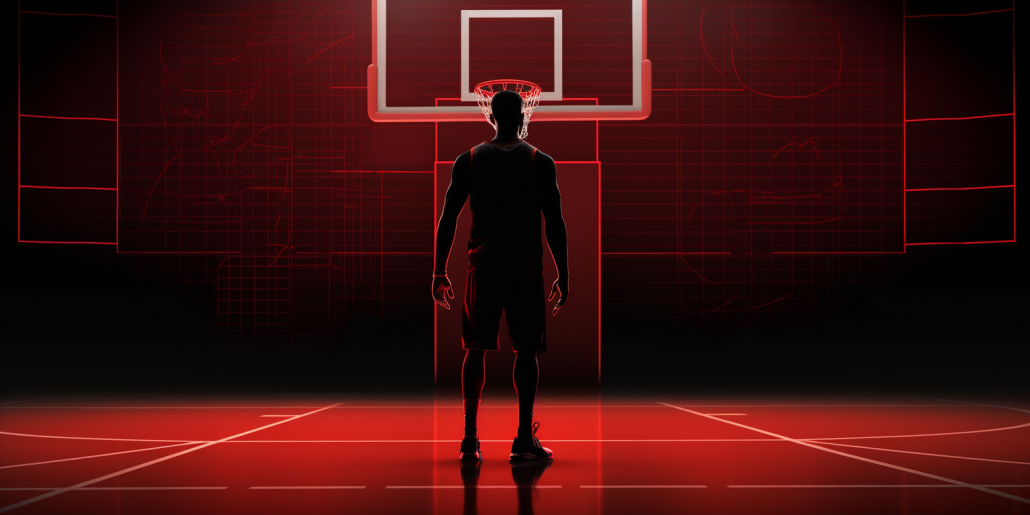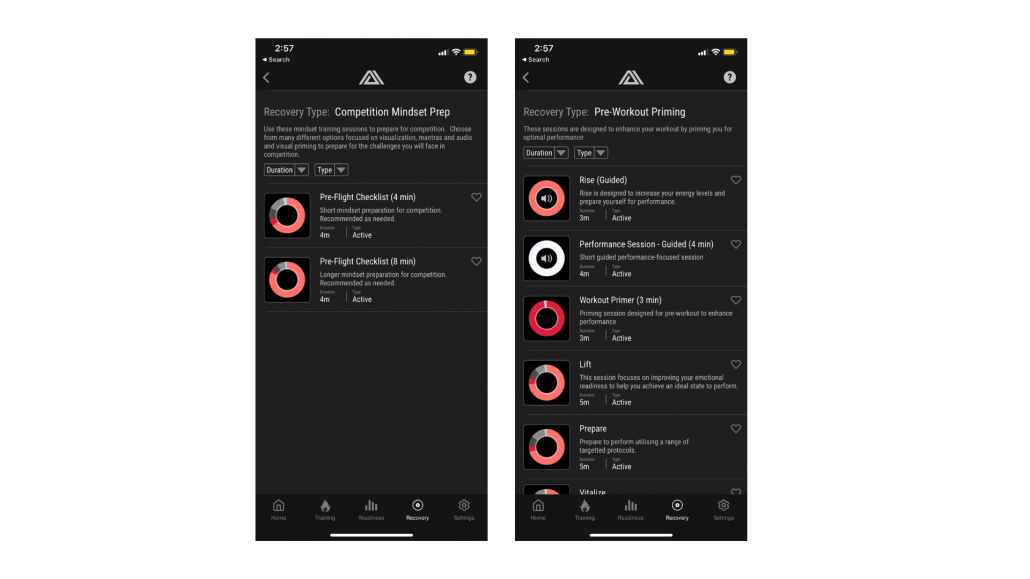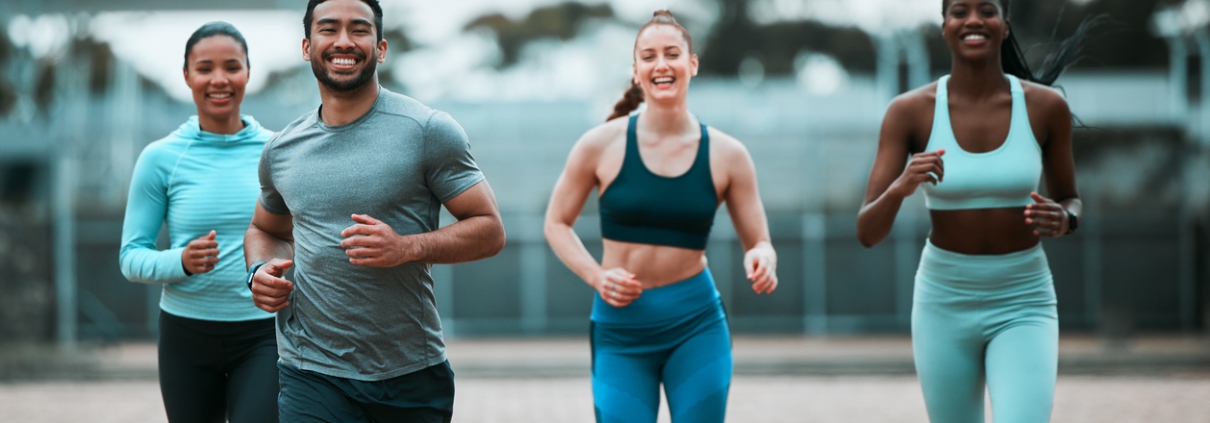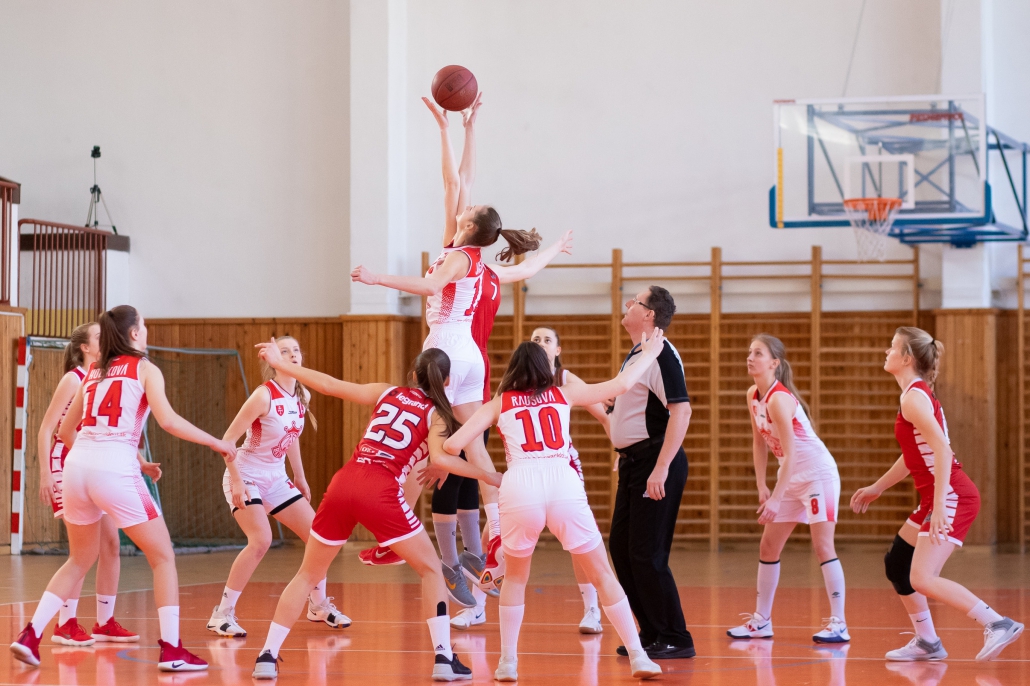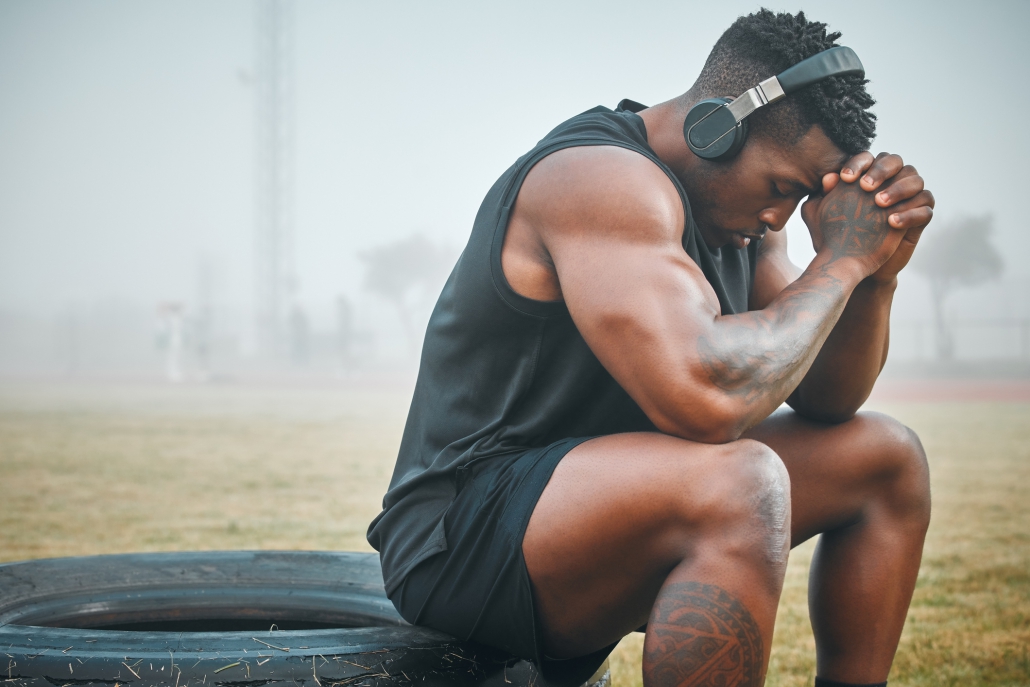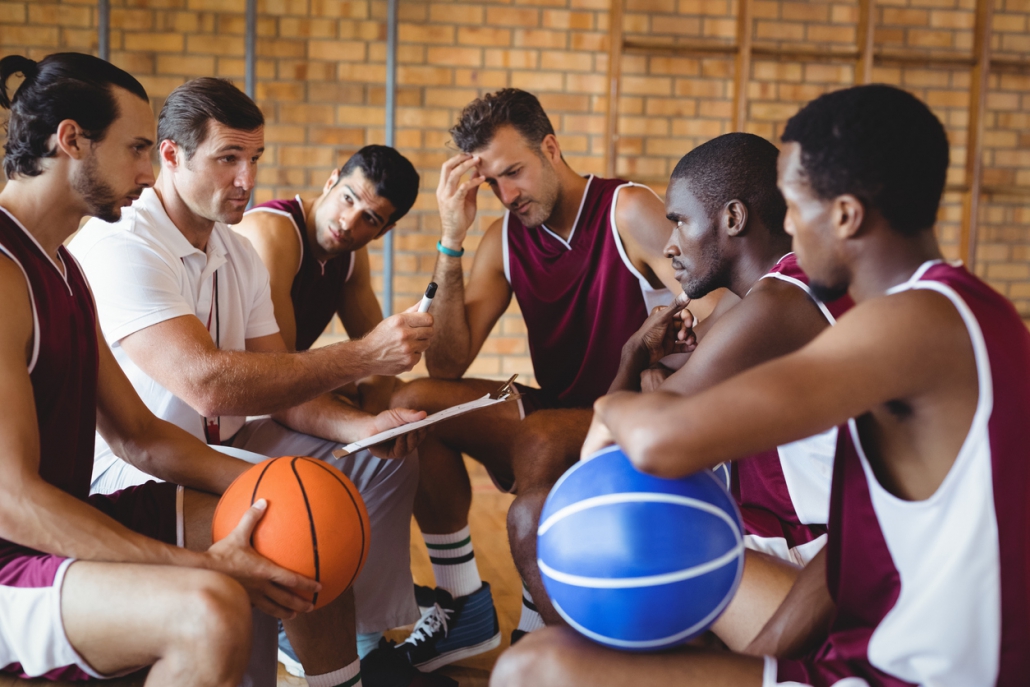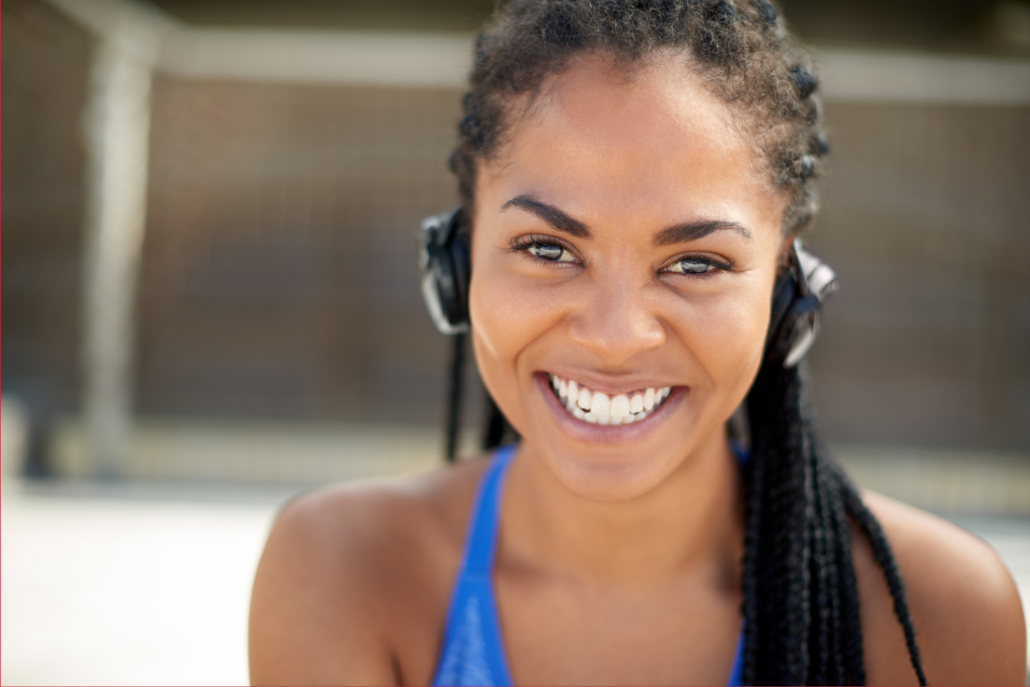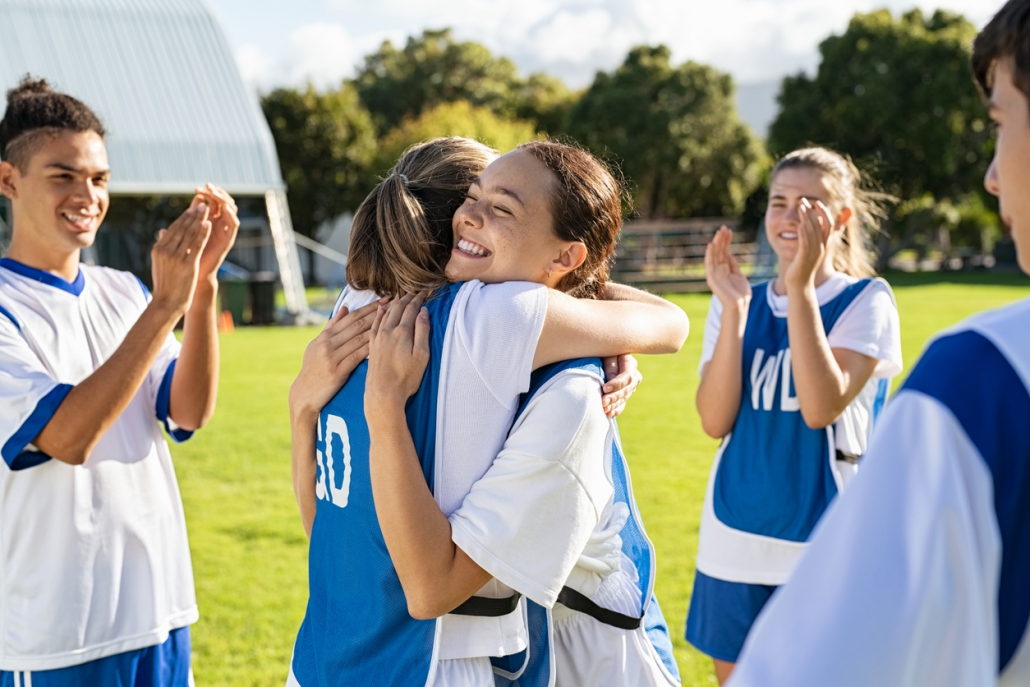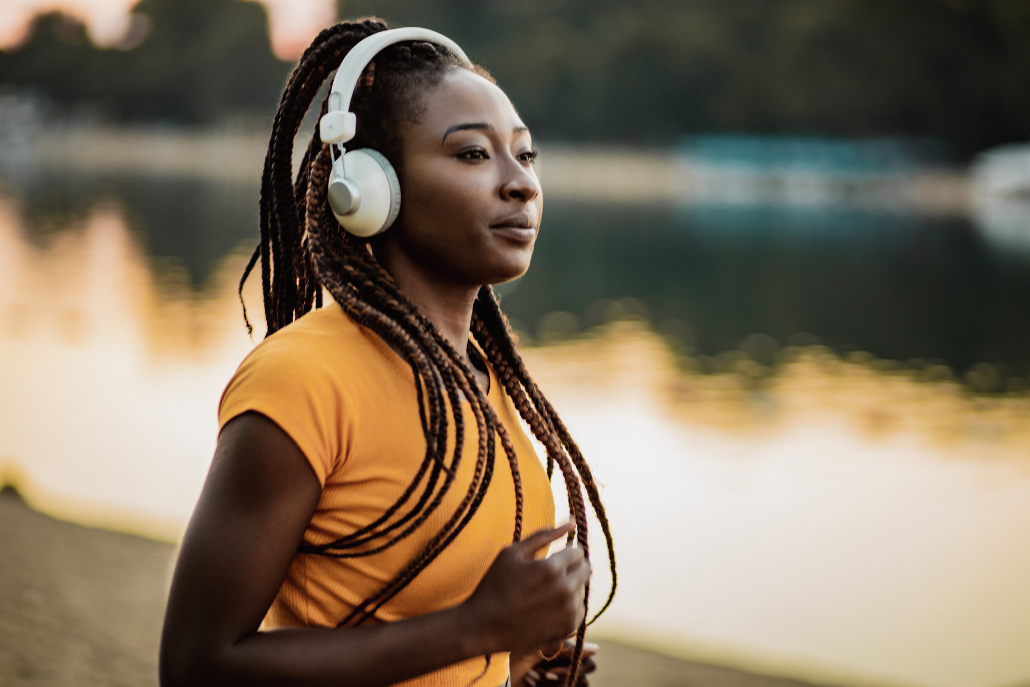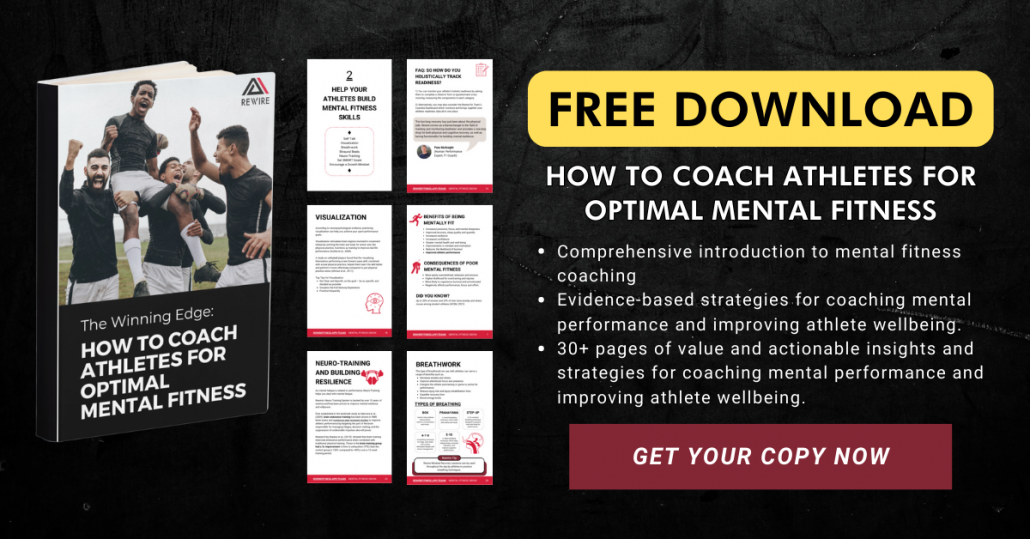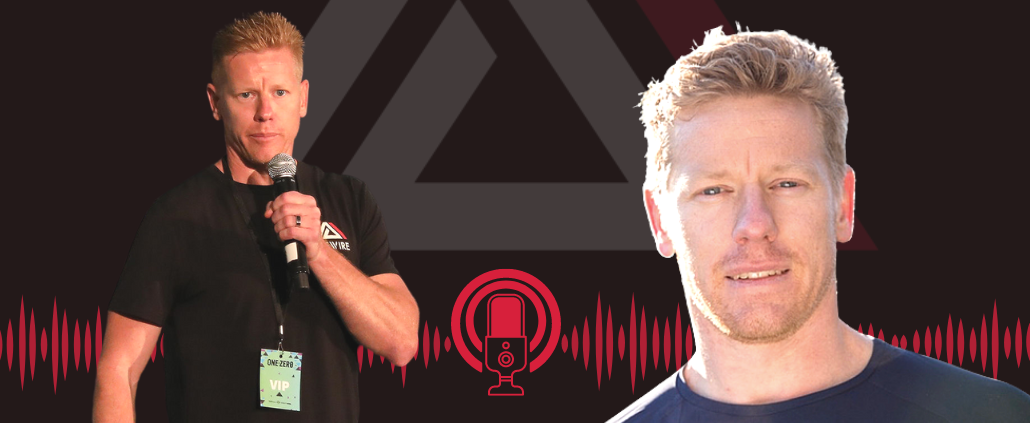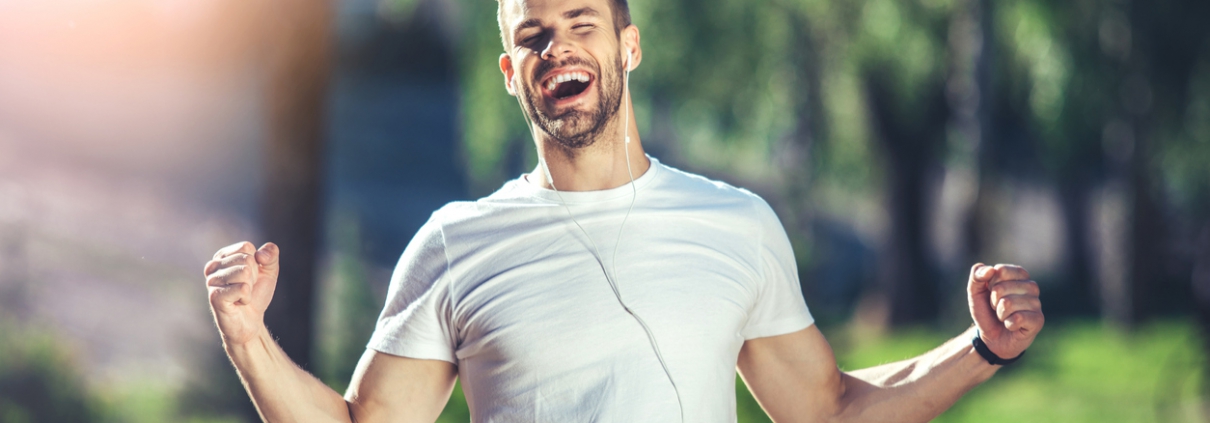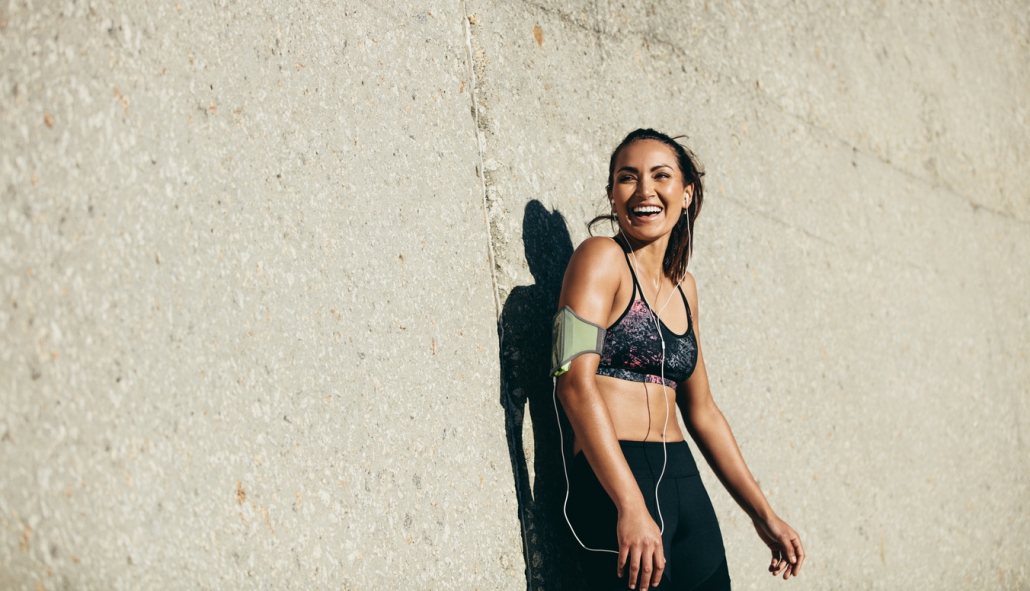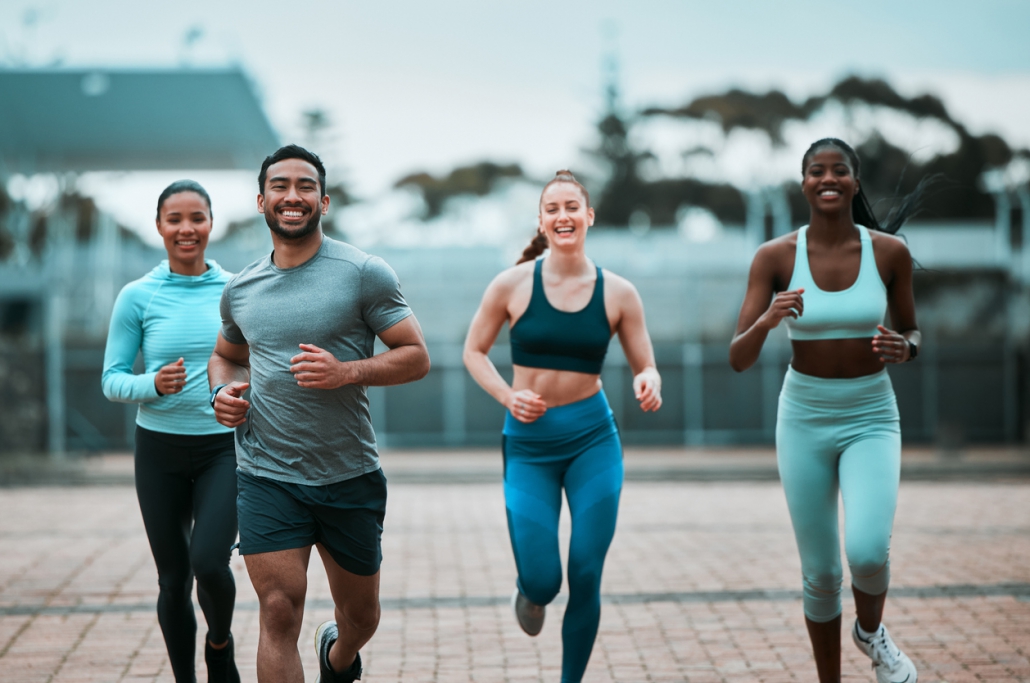How to Get Rid of Sports Anxiety as an Athlete
Anxiety is common; it’s something we all experience from time to time, but others are more prone to anxious thoughts and tendencies. And athletes are no different — some of the most decorated athletes also have anxiety disorders, take Michael Phelps, for example.
Phelps was — and continues to be — extremely open about his struggle with depression and anxiety, despite being the most celebrated and successful Olympian in history. Mental health disorders and anxiety do not discriminate.
In fact, one could argue that competing on the world stage invokes anxiety, and creates a pressure cooker-like environment. But what exactly is anxiety? Anxiety is defined as “an unpleasant psychological state in reaction to perceived stress concerning the performance of a task under pressure” [1].
And an estimated 31.1% of American adults will experience an anxiety disorder at some point in their lives.That’s approximately 311 people for every 1,000 adults. That’s a lot of people!
So, this blog post will highlight several causes of anxiety in sports, how anxiety affects performance, and tips to help you alleviate anxiety.
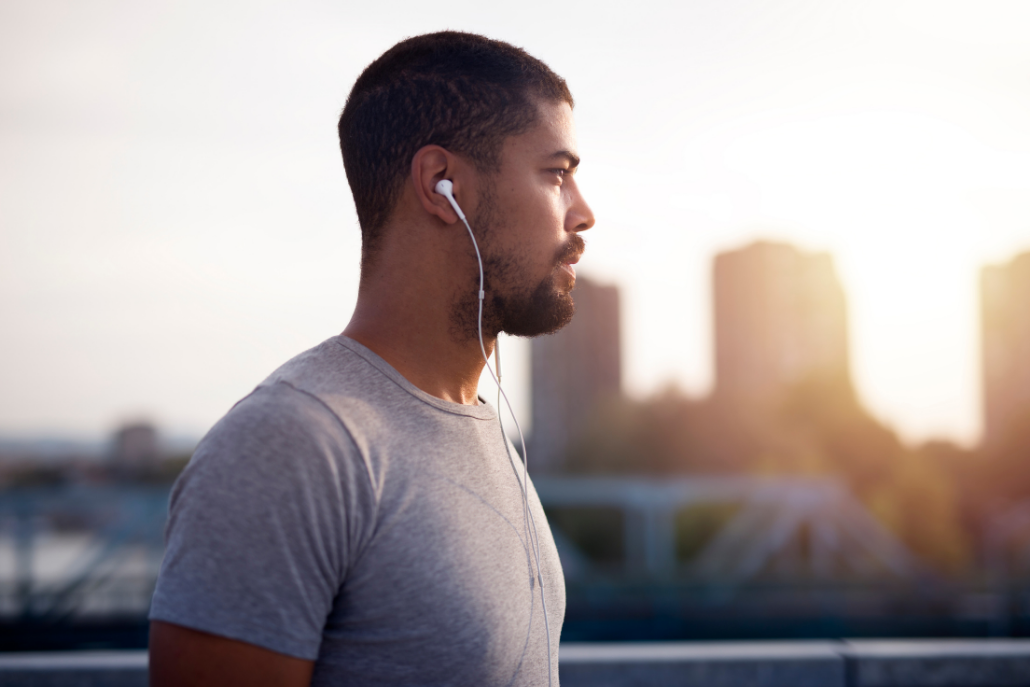
What are the causes of anxiety in sports?
To understand what causes anxiety, let’s first break it down.
Anxiety comprises two main parts:
- Cognitive anxiety: worrying thoughts, uncertainty, and apprehensions
- Somatic anxiety: physical activation, such as sweating and shaking
There are also different types of anxiety, including trait anxiety and situational anxiety. Trait anxiety is more permanent and part of a person’s personality. On the other hand, situational anxiety is a response to a situation that evokes an anxious response, such as a big game or an evaluation, or a competition of some kind where an assessment takes place [1].
Athletes and others often display common signs of anxiety, and they are easy to spot. There are the nail-biters, the excessive sweaters, the fidgeters, and those who are overwhelmed by negative thoughts.
Anxiety can be triggered by the most basic things in sports, from an intense game to a lack of preparation or self-doubt. There’s no one cause, but there are things you can do to alleviate and reduce your anxieties — continue reading to find out how.
How does anxiety affect performance?
If you’re too anxious before competition, then your performance can be negatively affected. For example, self-doubt and other negative thoughts might impact your ability to focus. Your muscles can tense up, and you may struggle to get your mind in the right space.
When not controlled and without the right prevention methods, anxiety can be devastating. It can affect your performance, it can prevent you from doing your best, and at the highest level, it can mean the difference between a Gold medal and going home on the team bus a day early.
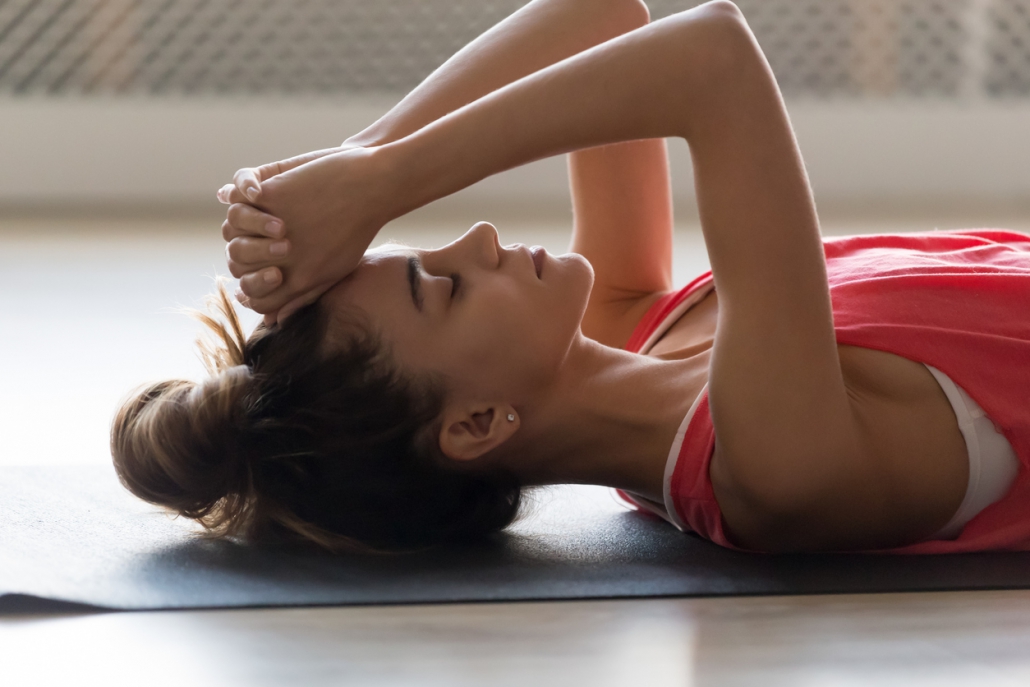
How to overcome performance anxiety in sports
So, what do you do if you feel extremely anxious before a big game, race, or competition? You know your performance will be worse, and your thoughts are running wild, but what can you do?
Knowing how to control your anxiety can help you eliminate negative thoughts — and replace them with positive statements and self-talk — and, ultimately, improve your performance.
If you feel very anxious before a game, race, or competition, then your performance can be affected. Knowing how to overcome performance anxiety in sports, however, can help you better control your focus for improved performance.
So, how do you do it? We recommend you try the following:
Focus on what you can control
The highest level of competition brings with it numerous distractions and external factors that are out of your control.
You can’t control the skill of the competition, the expectations of others, and for the most part, the outcome of the game. Focusing on these areas drains energy and may feed your anxiety.
Instead of worrying about things out of your control, focus on what you can control. That includes your training, mental preparation, self-talk, and visualization. Double down on what you can, and pay less attention to those things out of your control.
Create a pre-competition routine
Many successful athletes follow a pre-competition routine. And they follow it to the letter — every single time.
Your routine is one of the main things you have control over, and it can be excellent at reducing anxiety and increasing focus. Look to include a mix of mental skills, such as positive self-talk and visualization, and other activities that help you stay relaxed, such as listening to music.
It takes time to find a routine that works for you, but once you’ve found something that works, it only gets better from there.
Use positive self-talk and reframe negative thoughts
Negative thoughts and self-doubt can easily creep into an athlete’s mind. These can heighten anxiety and decrease performance. However, self-talk and reframing negative thoughts can build confidence and resilience. It can also help calm anxiety and help you perform your best in those high-pressure situations.
Use Rewire to reduce anxiety and improve focus
And finally, you can use Rewire to reduce anxiety and improve focus with our guided sessions, backed by neuroscience and used by Elite athletes. The guided sessions library includes sessions designed to increase focus, reaction times, and meditation and guided breathing exercises to reduce stress and anxiety.
You can also track your readiness — a score based on a mix of cognitive, emotional, and physical measures to best optimize your training sessions for maximum recovery and performance.
“I’m a coffee guy, and it’s amazing what you can achieve by taking that 5 or 10 minutes and running through a Mindset Recovery session and just letting your mind and body relax. You just feel so much better afterward versus just trying to hit a cup of coffee and keep going.”
Timothy O’Donnell (World Champion Triathlete)
Find out more about Rewire for Athletes.



